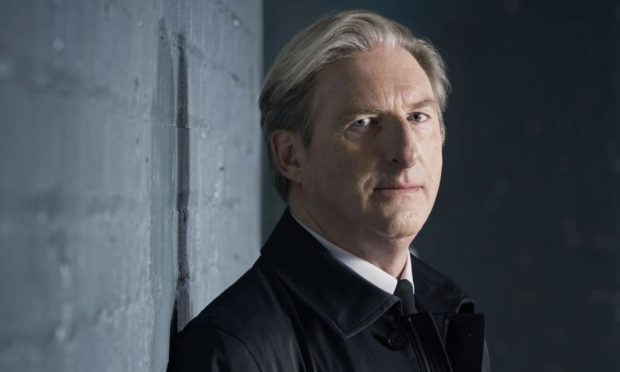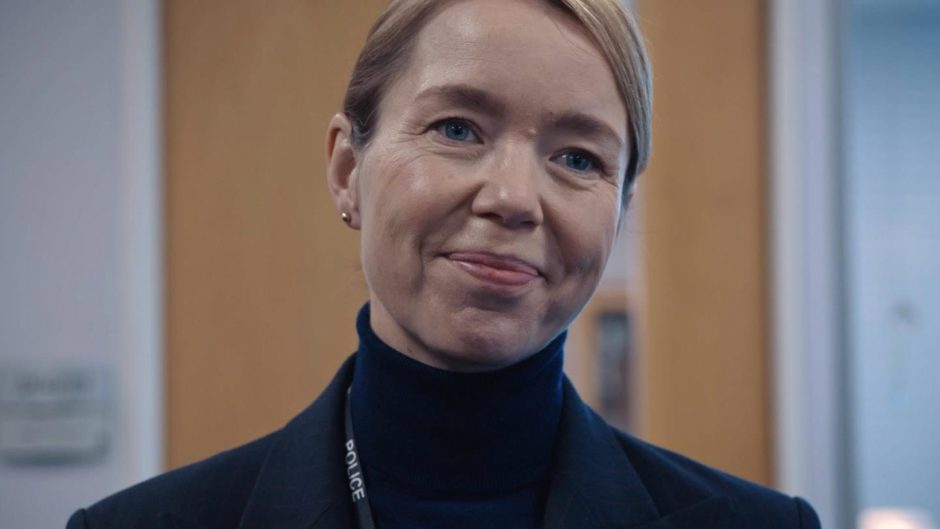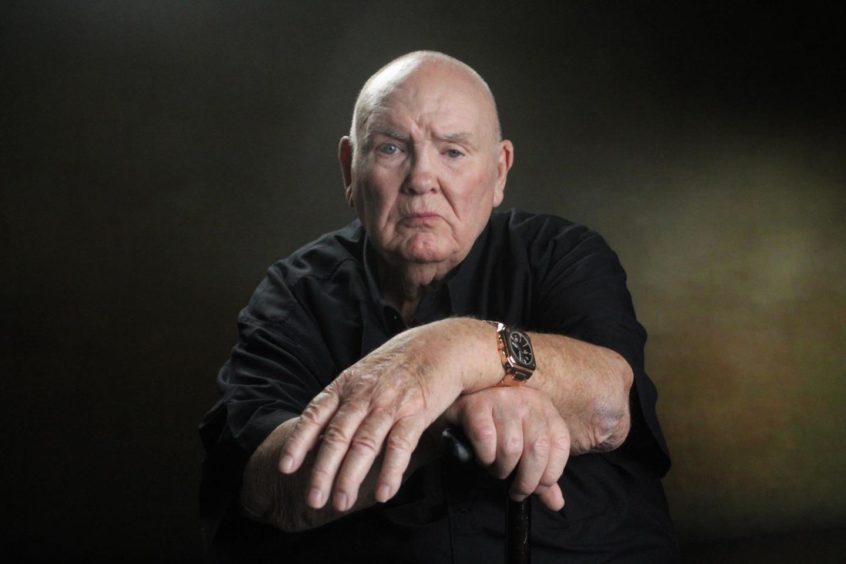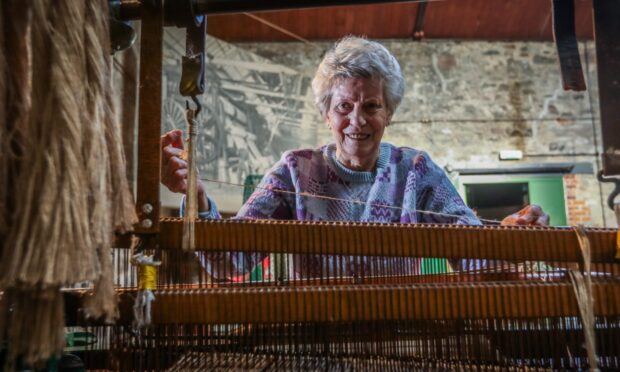When the final episode of the sixth series of Line of Duty aired last Sunday, it seemed clear that the old joke about Keith Richards is worthy of an update.
What will survive after Armageddon? Only the cockroaches and just one more bent copper, with AC-12 chief Ted Hastings (Adrian Dunbar) doggedly on their tail to the last.
If you’ve still to catch up with the most hotly-anticipated television event of the year on iPlayer, don’t read any further – spoilers may follow.
For the rest of us… well, Hastings and his apprentices Kate Fleming (Vicky McClure) and Steve Arnott (Martin Compston) spoke for everyone when the identity of the Organised Crime Gang’s mythical fourth mole inside the police force was irrefutably laid out before them.
“Come off it, no way…this cant’ be right”
“Come off it, no way… this can’t be right,” they chorused, but the identity of the string-pulling baddie with a secret laptop was withheld from the viewers just a little longer.
It’s fair to say that, even as Jed Mercurio’s most successful show gets further away from its earliest days as a supposedly bitingly accurate police procedural, its willingness to throw addictive teasers and cliff-hanger endings at the audience like confetti has only ramped up.
The final reveal…
When the offending officer was finally perp-walked into the AC-12 office, unseen until the last, the reveal was unlikely but resoundingly obvious all at once.
We had already ruled out Thurwell (James Nesbitt, seen only in a photograph), who had been murdered in his Spanish bolthole, and suspicion had shifted from Kelly Macdonald’s poor, used plant Jo Davidson.
Who was left? Was George Costigan’s retired abuser Fairbank only putting on his dementia?
Did Anna Maxwell Martin’s Carmichael (a sublimely well-performed character, but largely wasted by bland writing in this series) or Owen Teale’s Chief Constable have an ulterior motive for trying to break up AC-12?
In the end, the answer was so nondescript that there has to be someone else pulling the strings.
We left it with AC-12’s existence and Hastings’ liberty hanging by a thread, and the idea that everything and nothing had been resolved at once.
Half the fun of LoD these days is eyerolling along with the exciting but credibility-stretching plots, although it’s fair to say the adoption of thinly-veiled real-life cases as story fodder has left a bitter taste, and the show often seems more pleased with its own catchphrases than the formidable but underused acting abilities of its leads.
Still, we’ll be back next time, mother of God help us all.
Real-life hardman
In the world of real-life hardmen, meanwhile, another strong documentary film from BBC Scotland this week in Killing Escobar.
Fans of Netflix’ Narcos may have been there for the title (and Javier Peña, real-life inspiration for Pedro Pascal’s character in that show, made a brief appearance as a talking head), but the Colombian drug war of the 1980s was merely a backdrop.
Instead, the doc told of an eccentric squad of British mercenaries who accepted the rival Cali cartel’s bounty to assassinate Escobar in a hail of high-ordnance weaponry, with a particular focus on ex-SAS soldier Peter McAleese.
A professional Glasgow hardman raised in the shadow of Barlinnie, his sincere, self-aware renunciation of violence following the events of the mission gave the film its heart.













